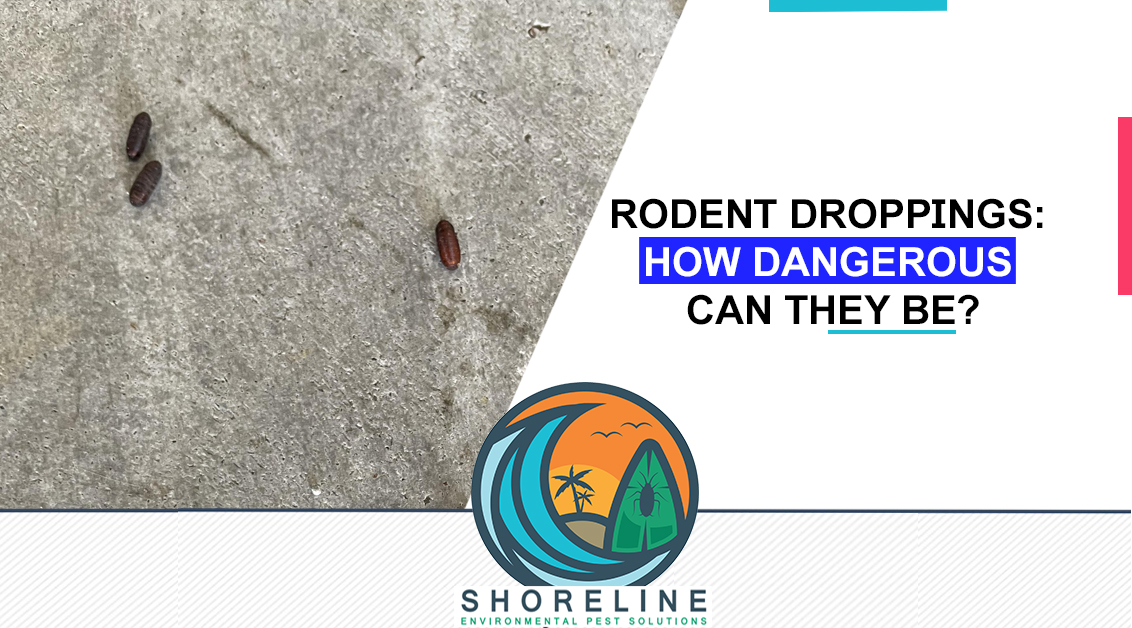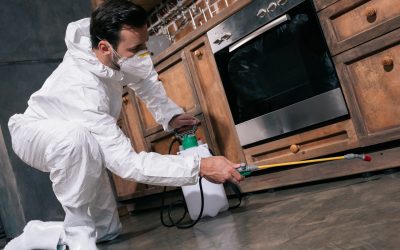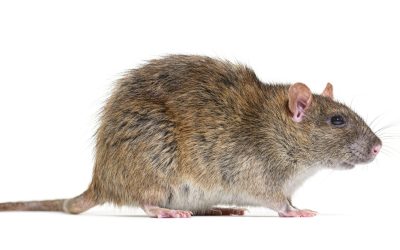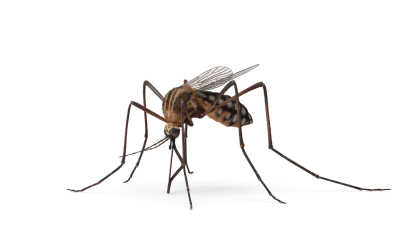Do you have a rodent problem? If so, you’re not alone. According to the National Pest Management Association (NPMA), rodent infestations are becoming increasingly dangerous, and their droppings are potentially deadly for humans if ingested.
Rodent feces may contain harmful bacteria and viruses, which can be transferred to humans if the droppings are touched. Secondly, rodents can carry intestinal parasites that can cause serious health problems in people. And lastly, rodents can transmit Lyme disease and bubonic plague.
In this blog post, we’ll discuss what rodent dropping is, how to handle it, and the potential health risks it poses. We’ll also provide tips on cleaning rodent feces. So read on to learn everything you need to know about rodent dropping and how to keep yourself and your loved ones safe!
What is rodent dropping?
Rodent droppings are the droppings of rodents, such as rats and mice. They’re commonly seen in residential areas and commercial buildings, where these animals live and breed. A rodent drop can contain feces, urine, saliva, chewed food bits, and other debris.
What are the health risks of rodent dropping?
Rodent droppings (urine and feces) can contain many diseases, which can be deadly if contracted by humans. The following are just a few examples:
- Leprosy
- Parasites, including hookworms, roundworms, and tapeworms
- Bacteria such as salmonella, E. coli 0157:H7, or tuberculosis
- Mycobacterium tuberculosis (TB) is a deadly lung infection caused by the bacterium Mycobacterium.
- Lyme disease and bubonic plague.
How do I know if I have a rodent problem?
If you notice droppings in or around your home or business, you likely have a rodent problem. You can check for droppings by placing an uncovered saucer full of water near potential entry points (like rooflines and doorways). Rodent feces will sink to the bottom of the saucer over time – while other substances (like urine) will float.
Contact your local pest control specialist if you have a rodent problem. They’ll be able to inspect the area and recommend ways to prevent or eliminate the rodent population.
How should I handle a rodent dropping?
Rodent droppings can be a source of disease for homeowners and those working close to rodent-infested areas. If you do touch them, immediately wash your hands with water and take appropriate precautions (like wearing gloves) against getting infected with parasites or bacteria. Droppings from mice and rats can contain leptospirosis and salmonella, which can both be deadly if contracted by humans.
If you find rodent droppings, it is crucial to take the following precautions:
– Immediately clean your hands with water and soap. Washing will help reduce the chances of contracting any disease from contacting the droppings
– Seal off any potential entry points into your home (like cracks in walls or doorways) by putting a piece of plastic wrap over them. Rodent Droppings can contain parasites and bacteria, which can be deadly if contracted by humans
– Contact pest control services to remove any rodents infesting your home. Pest control services may use traps, poison, or gassing to remove the rodents.
– If you find droppings outside, clean up any spilled food or water and contact your local health department
– When cleaning up rodent droppings, always wear gloves to avoid any potential contact with your skin.
– Vigilant when working or attending areas where rodents are likely to be found.
– When handling rodent dropping, place them in a plastic bag and seal them shut before disposing them in a garbage can.
Make sure any holes are sealed shut and clean up any food or water that has been spilled. If the Droppings are large or there’s evidence of rodent damage, contact a professional. Remember – if you see rodents, don’t wait – act fast!
What do rat droppings look like?
Rat droppings are small, gray or brown pellets that contain urine and fecal matter. They may look like small pellets of length 12 and 18 millimeters with a strange smell.
Is vacuuming rodent dropping dangerous?
Vacuuming rodent droppings can be dangerous as you can disturb the dried-out toxic particles in the dropping, which will become airborne.
Vacuums may also create a suction effect that can suck poisons and bacteria from the droppings into the machine. If you handle the vacuum debris without gloves, you may be at risk of the health concerns mentioned above.
How do I eliminate the concern of rodent droppings in my house?
One effective way to prevent rodent droppings in your house is to seal any holes or cracks that may provide access for rodents. This can be done by using a piece of duct tape or a scarf. Additionally, you should clean up any food or water spills, as these will attract rodents.
Rodent traps are also an affordable, easy-to-use, and effective means to catch rodents. Weatherproofing your windows would keep the inside of your home warm in winter and cool in summer, discouraging rodents from coming inside. If you spot rodent droppings, do not wait – contact a professional immediately!
How dangerous are old mouse droppings?
Old mouse droppings can be hazardous as they may contain carriers of several diseases. Rodents excrete a potent smell that attracts other rodents and scavengers, who then eat the droppings. This process of rat droppings being consumed by other animals leads to the droppings becoming contaminated with other harmful bacteria and viruses. Moreover, dried-out fecal matter can quickly become airborne and find its way through to your respiratory system.
If you find rodent droppings in your home, contact a professional to assess the situation and take appropriate steps to prevent potential health risks.
How long do rat droppings remain dangerous?
Rodent droppings will usually decay and fall apart within a few days. However, the bacteria and parasites present in rodent droppings can remain dangerous for weeks or even months after the droppings have dried out. For this reason, it is vital to take action as soon as you notice rodent droppings and to avoid handling them without gloves.
Are dried mouse droppings dangerous?
Yes, mouse droppings can be dangerous if not disposed of properly. Mouse droppings are made up of urine, feces, and skin flakes containing bacteria and toxins, and these hazardous substances can spread disease if not cleaned up immediately.
If you live in a high-rise building or have children who play indoors, it is essential to clean up and dispose of rodent droppings as soon as possible. This is especially important if there have been any recent reports of rodent infestation.
Remember to wear gloves while cleaning to avoid coming into contact with the droppings themselves. Mouse droppings will also stick to surfaces for long periods, so they must be removed before they cause any damage. Various commercial mouse-proofing materials can cover surfaces and deter mice from returning.
Rodent dropping can be very dangerous if not handled correctly. Keep an eye out for rodent droppings and handle them properly to prevent diseases from spreading.





0 Comments